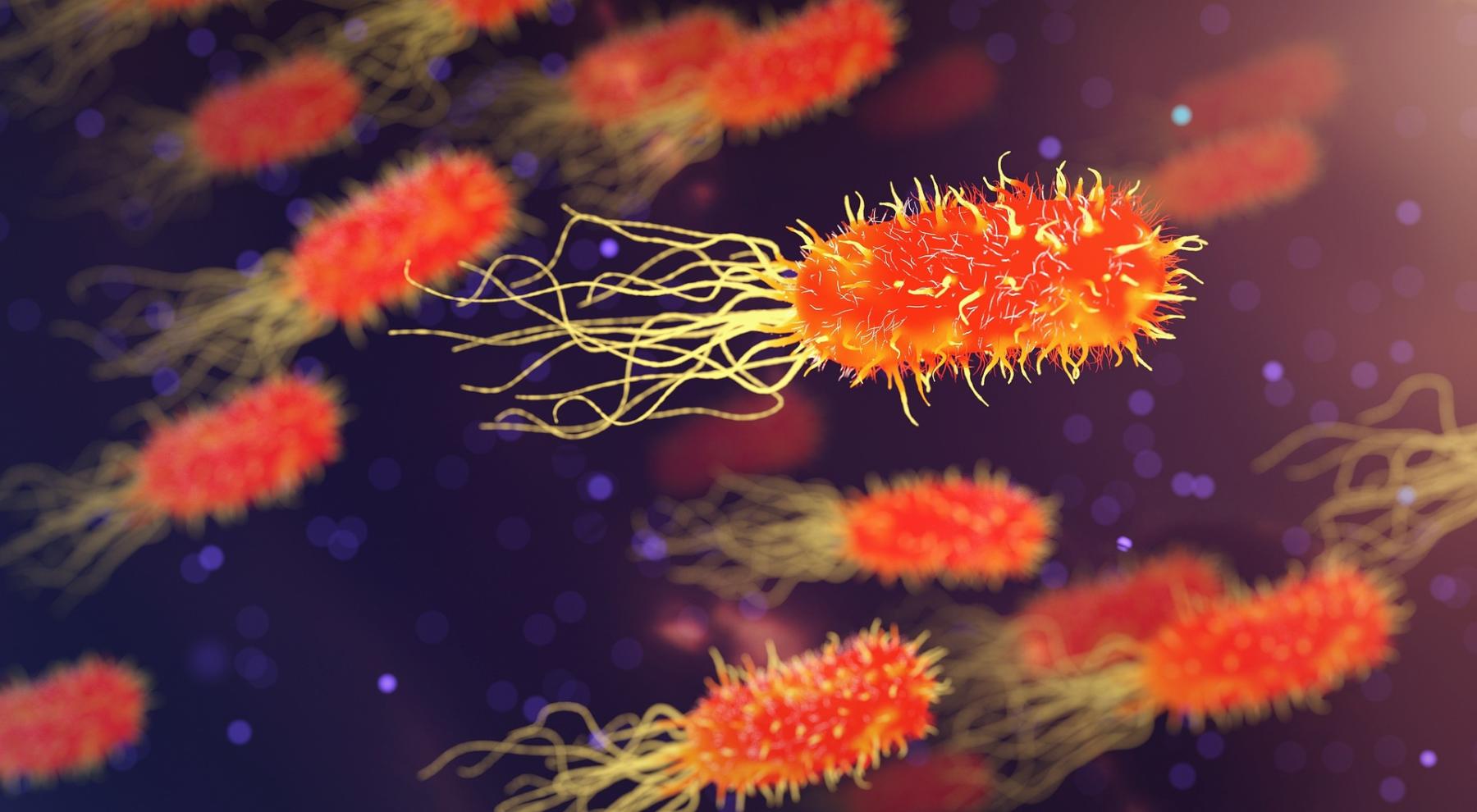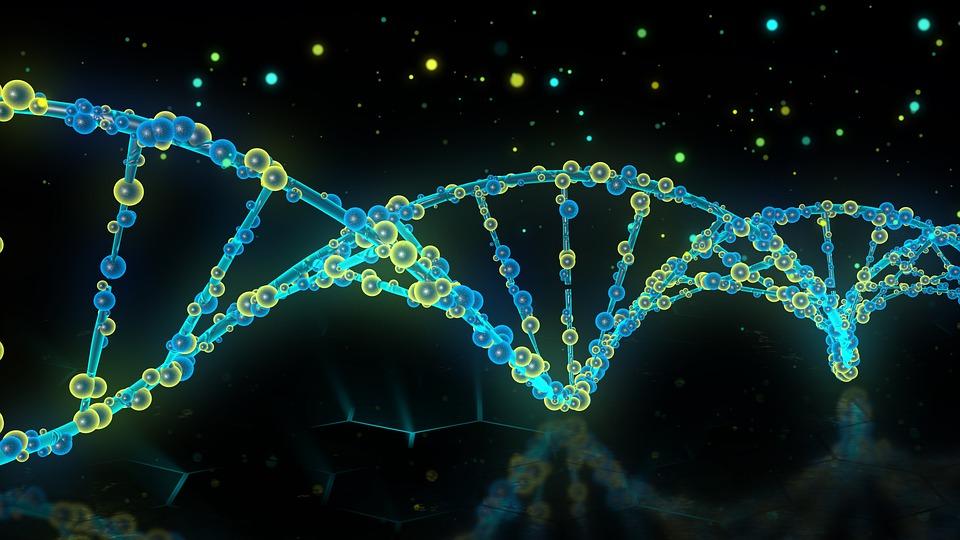
Eggs Afloat
by Victoria Rackley
Students will dive into the fascinating world of parasitology as they collaborate in teams of three to analyze and evaluate the presence of parasites. The lesson aims to enhance both teamwork and practical laboratory skills while deepening students' understanding of parasitic detection methods.
Each team will be assigned the task of preparing detailed slides to examine fecal smears and conduct simple flotation tests. The students will follow laboratory protocols to create the slides using a specific pattern. The fecal smear and simple flotation techniques are important tools in identifying parasites within biological samples.
Lesson Plan Link/URL
https://docs.google.com/presentation/d/1lrqcPolD1jzTbeetHB0MAr7MNmD4MN_4/edit?u…Related Content

Grades:
9th Grade, 10th Grade, 11th Grade, 12th Grade
Where learning takes root and futures grow: This is the first lesson that was used for a project that took learning beyond the classroom and into the garden, where students gain hands-on skills

Grades:
9th Grade, 10th Grade, 11th Grade, 12th Grade
This lesson introduces students to the logistic growth function as a model of population growth with limiting factors. Students will compare exponential and logistic growth, interpret key parameters

Grades:
9th Grade, 10th Grade, 11th Grade, 12th Grade
In this lesson, students explore how scientists identify bacteria by analyzing the 16S ribosomal RNA gene. Through hands-on activities and bioinformatics tools, students learn the process of